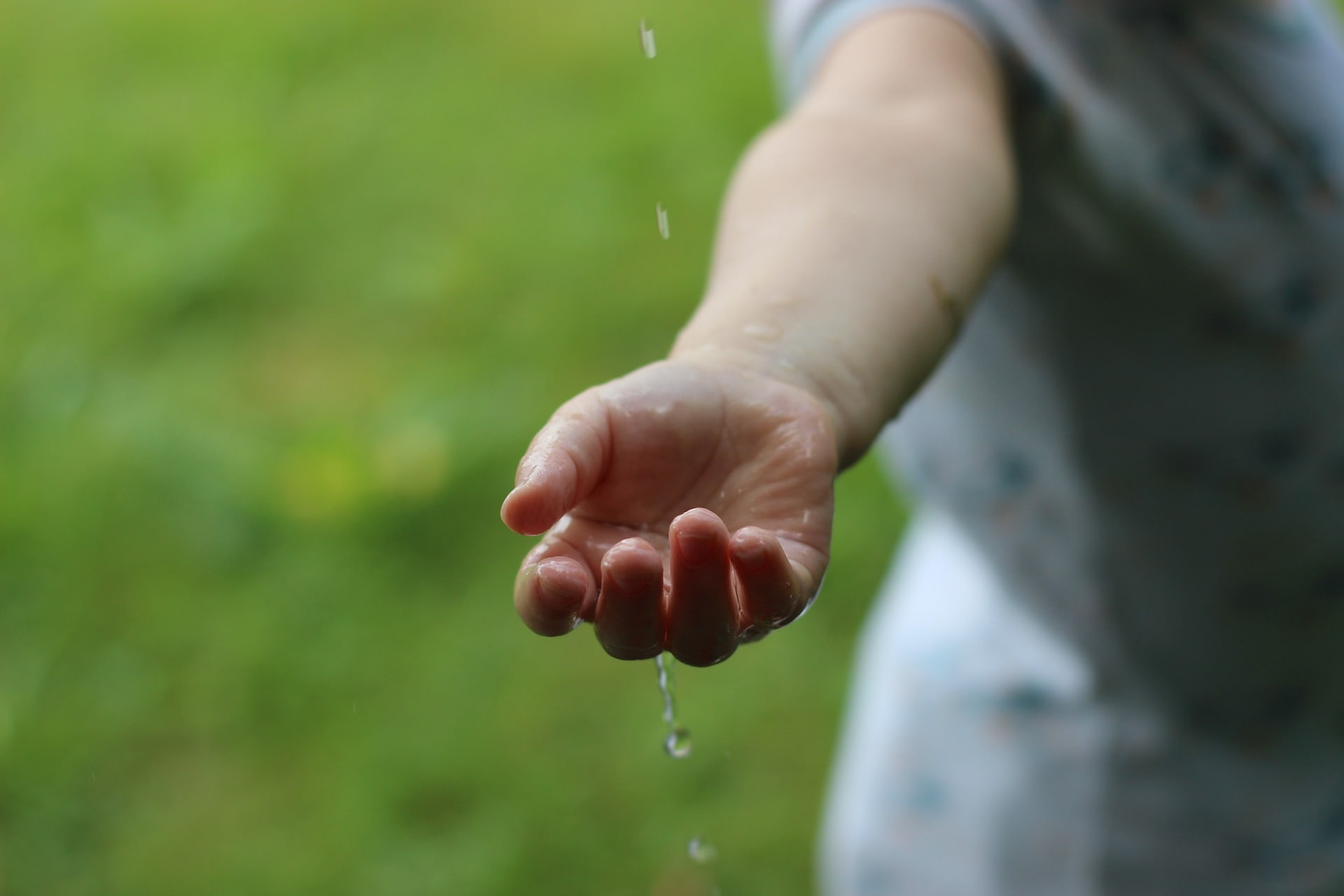Waste nicely collected in a jar, chic metal tubes, elegant coffee-to-go cups, a beautifully sorted food cupboard – that’s what “Zero Waste” looks like on Instagram. Critics complain that it is a lifestyle for people with a lot of time and a bigger budget who want to salve their ecological conscience. With little or no effect at all, since waste is not a problem in Switzerland. Cleanly collected, our waste incinerators produce energy – and thus save oil. A new study by the University of Applied Sciences in Rapperswil even comes to the conclusion that waste in Switzerland has a positive climate balance.
It’s time for an explanation: what does “zero waste” mean? Can lifestyle change anything?
Waste is not just waste
There are arguments about the “Zero”: does it make sense? Wouldn’t “minimal waste” be the better term? Is that how you want to set absolute goals? We think so: What’s important is to have the right understanding of waste. The common translation to “waste” is not complete. According to the Oxford Dictionary, “waste” is: “An act or instance of using or expending something carelessly, extravagantly, or to no purpose”, casually translated is:
“Waste”, a carefree, wasteful approach to things.
That’s where Zero Waste comes in.
It’s not about the jar of junk (ref. to Bea Johnson). At its core, it’s about how we treat our environment. Do we treat our living space, our possessions and our fellow human beings with the respect they deserve? Do we value these things? Usually not enough, because many things have become a matter of course.
Anyone who also understands “waste” to mean the handling of our valuable resources such as water, electricity, energy, working hours, etc. will notice a big change. Consumer behaviour will become less, more conscious, fairer and more sustainable. “Zero Waste” combines sufficiency, the desire for a sustainable circular economy and the striving for the highest possible efficiency.
